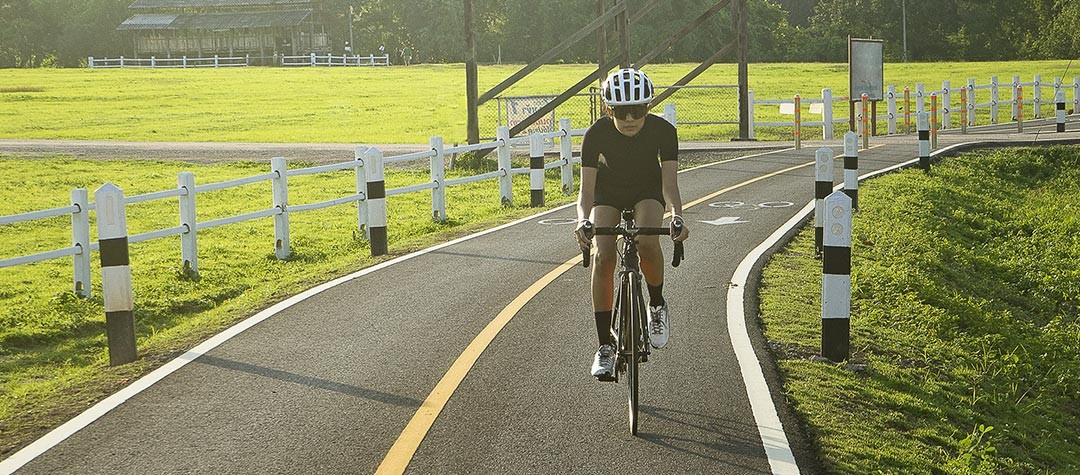How to get the most out of your riding with our four key areas to consider in your training program.
Mountain biking is first and foremost intended to be enjoyable, but if you want to really make progress then you need to apply the principles of specificity, individualisation, progression and overload to you training for maximum benefit.
1. Biking specificity
The stresses that are applied to the body in training must be the same as those experienced in your chosen sport. In other words, if you’re planning to really get into mountain biking and only have a limited amount of time to train, then you must spend the time on riding and not on other sports like running.
If you’re planning to use mountain biking, or other forms of riding, as part of a general fitness program, this principle is nothing for you to worry about. If you are going to focus on mountain biking only, then it’s something you should be very aware of.
2. Training individualisation
This is a crucial principle; the fundamental fact that everyone is different! Everyone responds to training in a different way. If you are riding with a friend and doing exactly the same amount of training, don’t be concerned if one of you gets fitter quicker than the other; this is what individualisation is all about.
It might be that one of you is having some pressure at work or difficulties at home, but wherever it is, it’s surprising what can affect your training. Some days your training can go really well and the next day, even though it was exactly the same ride, it can be a nightmare. This is individualisation.
3. Progression
This is all about the need to gradually increase the workload that you put your body through. It is essential to combine training and rest, whilst at the same time increasing the stress that the body is put through. This so-called ‘stress’ is a combination of the frequency, duration and intensity of the workout.
Progression is all about small increments. It is not a case of doing a 30km ride one day and a 80km ride a couple of days later. You should only progress in terms of time or distance by around 5 to 10 per cent at a time. The safest approach is to increase your weekly mileage by no more than 5 per cent.
4. Overload
Overtraining is a very common problem and comes about when you don’t get enough rest during your training program. This should not be confused with overload, which is the planned exposure to an increased workload and the right amount of rest between each ride. Without the correct amount of rest you get overtraining. With the correct amount of increased training and the right rest, you get overload. Overload is essential if your cycling is to improve. You do not want to get the reverse effect, overtraining.














